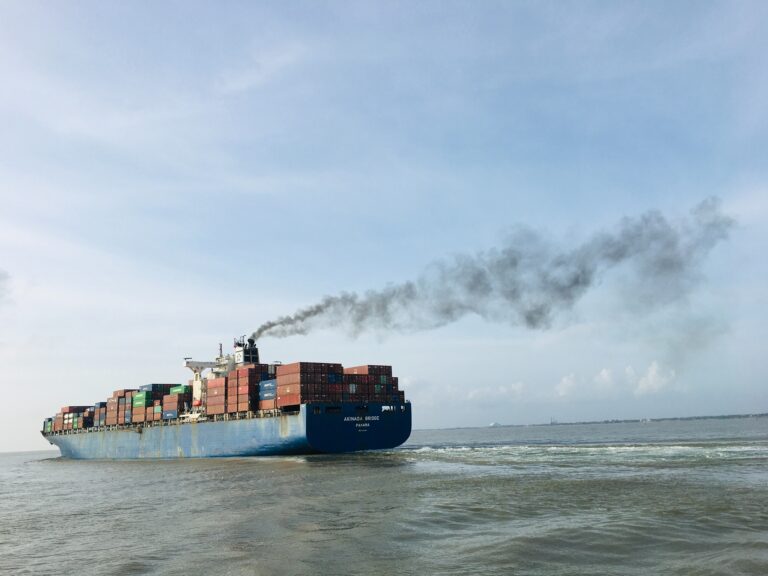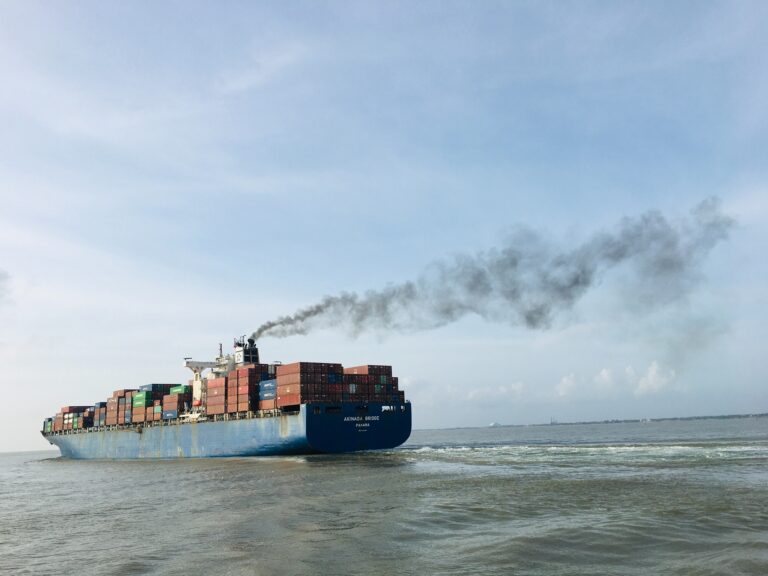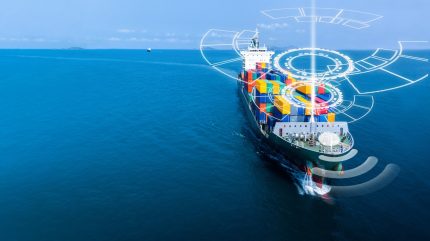The International Chamber of Shipping (ICS) has joined 47 governments in a joint submission to the final round of negotiations at the United Nations’ International Maritime Organization (IMO) to adopt a
The International Chamber of Shipping (ICS) has joined 47 governments in a joint submission to the final round of negotiations at the United Nations’ International Maritime Organization (IMO) to adopt a maritime greenhouse gas (GHG) emissions pricing mechanism for international shipping.

The joint text is supported by major shipping nations such as Greece, Japan, Korea and the United Kingdom, the world’s largest flag states including Bahamas, Liberia, Marshall Islands and Panama, all EU States (and the European Commission), other African countries such as Nigeria and Kenya, plus Small Island Developing States from the Caribbean and the Pacific.
The joint submission by governments sets out convergent regulatory text for amendments to the IMO MARPOL Convention, which will require shipping companies operating ships on international voyages to make GHG contributions per tonne of CO2e emitted to a new “IMO GHG Strategy Implementation Fund”.
The key purpose of this mandatory GHG charge will be to reduce the cost gap between zero/near-zero GHG emission (ZNZ) fuels (such as green methanol, ammonia and hydrogen) and conventional marine fuels, toincentivize the accelerated uptake of green energy sources.
Related Articles
-
Shipping industry calls for global GHG fee in new proposal
Regulation & Policy
Revenue generated will be used to reward the production and uptake of ZNZ fuels, whilst also providing billions of US dollars annually to support maritime GHG reduction efforts of developing countries.
As explained, the quantum of the GHG contribution per tonne of CO2e emitted has not yet been agreed upon by IMO Member States but is expected to fall within a range equivalent to between $60 and up to $300 per tonne of conventional marine fuel oil consumed, depending on the agreed reward rate for the use of zero/near-zero GHG marine fuels and the level of revenue to be allocated annually to support developing countries.
Related Article
“The industry fully supports the adoption by IMO of a GHG pricing mechanism for global application to shipping. The joint text put forward by this broad coalition is a pragmatic solution and the most effective way to incentivise a rapid energy transition in shipping to achieve the agreed IMO goal of net zero emissions by or close to 2050,” Guy Platten, International Chamber of Shipping Secretary General, commented.
“We are very pleased that such a large and diverse group of nations now firmly supports a common approach to maritime carbon charging. This proposed joint text has been hard fought and is broadly based on ideas which ICS has been advocating for the past ten years.”
While a large number of governments now support a universal flat rate GHG contribution by ships – or something similar – a minority of governments continue to have concerns. Working in co-operation with all IMO Member States we will do our best to allay such concerns during the final stages of these critical negotiations about regulatory text.”
This mature regulatory proposal will be considered by a ‘critical’ IMO meeting in February 2025. If the MARPOL amendments are approved by IMO in April 2025, they should enter into force globally in early 2027, with the collection of annual GHG contributions from ships commencing in 2028.
To remind, the European Union introduced the carbon levy mechanism for shipping before the UN regulator IMO. Since January 1, 2024, shipping has been included in the EU Emissions Trading System (EU ETS), which sets an annual absolute limit on emissions of certain GHG and requires the purchase of allowances for emissions. Since the beginning of 2024, the EU ETS has been extended to cover CO2 emissions from all large ships — of 5,000 gross tonnage and above — entering EU ports, regardless of the flag they fly.
READ MORE
- All eyes on IMO: Maritime industry calls on global regulator to bridge existing fuel price gap
- Maersk CEO: Global regulator must ensure price parity between green and fossil fuels
- A universal carbon tax is coming, ABS CEO says
- ICS proposes 1st global carbon levy to speed up industry decarbonisation
- International Chamber of Shipping selects next Secretary-General
- World Bank: How can carbon revenues support the green transition of shipping?
Content Original Link:
" target="_blank">

























































